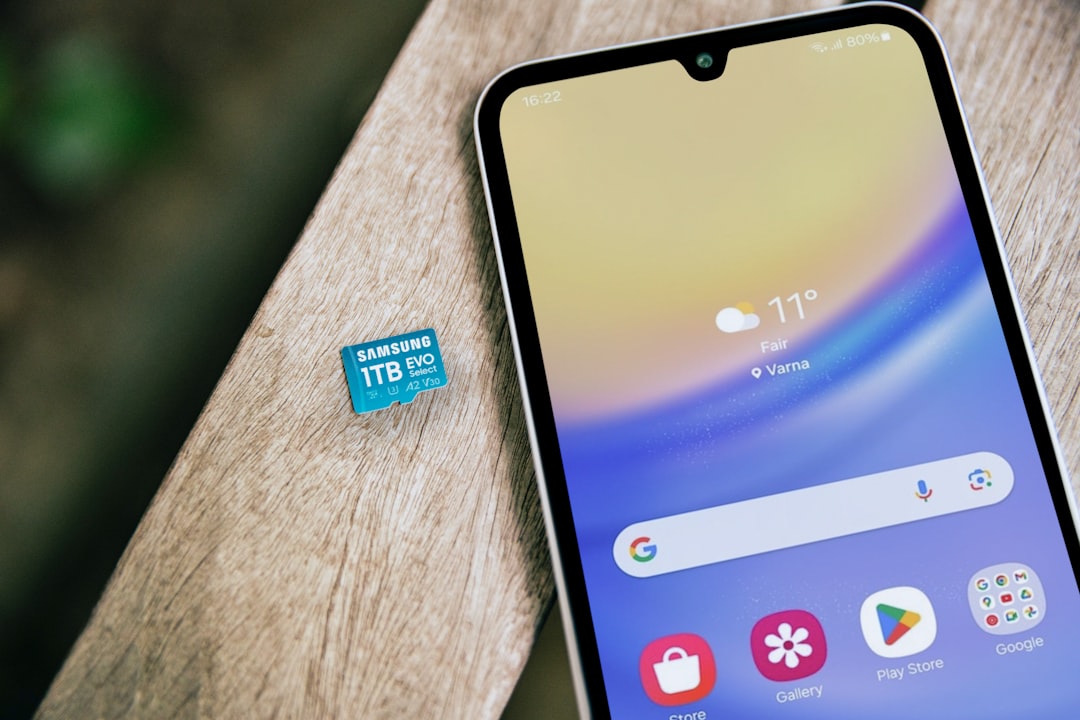Philadelphia is grappling with a surge in illegal robocalls, particularly from law firms, which have become a persistent nuisance. The city's Do Not Call laws aim to protect residents but struggle against sophisticated caller tactics. To combat this, the city employs a multi-pronged approach including education, awareness campaigns, and collaboration between local authorities, national agencies, telecom companies, and consumer protection organizations. Residents are encouraged to register on the National Do Not Call Registry, report suspicious calls, and stay informed about new robocall methods. Advanced call-blocking technologies and dynamic Do Not Call lists further protect citizens from unwanted automated communication, ensuring peace of mind in Philadelphia.
Philadelphia, like many cities, faces a rising tide of illegal robocalls, posing a significant nuisance and potential risk to residents. This article delves into the city’s proactive measures to combat this pervasive issue. We explore Philadelphia’s unique challenges, examining legal frameworks, including strict Do Not Call laws, and the crucial role of consumer protection agencies. Additionally, we highlight community initiatives and public awareness campaigns aimed at empowering citizens. Finally, we discuss emerging strategies and technologies for effective call blocking, providing a comprehensive overview of Philadelphia’s fight against robocalls.
Understanding the Robocall Problem in Philadelphia

Philadelphia, like many cities across the country, has been grappling with the surge of illegal robocalls, particularly those from law firms. These automated calls, often misleading and unwanted, have become a significant nuisance for residents. The problem is multifaceted, with unscrupulous law firm robocallers targeting Philadelphians with deceptive messages, masquerading as legal notifications or urgent matters. Many of these calls are pre-recorded, making it difficult for recipients to opt out or stop the relentless flow.
The city’s Do Not Call laws and regulations, including restrictions on telemarketing practices, have been implemented to combat this issue. However, with evolving technologies, robocallers find new ways to bypass these measures. To counter this, Philadelphia residents are encouraged to stay informed about the latest tactics used by these illegal callers and to report any suspicious or harassing calls to the appropriate authorities. Additionally, awareness campaigns and community initiatives focused on educating citizens about Do Not Call laws and the importance of registering their phone numbers can significantly contribute to reducing the robocall problem in the city.
Legal Frameworks and Existing Regulations

Philadelphia, like many cities across the nation, grapples with the increasing issue of illegal robocalls. The volume and sophistication of these automated calls have grown exponentially, leading to a complex web of legal frameworks and existing regulations designed to combat them. The Telephone Consumer Protection Act (TCPA) stands as a cornerstone in this effort, prohibiting unsolicited phone marketing calls, including those made by automatic dialing systems or prerecorded messages, without prior express consent from the recipient. This federal law is supplemented by state-level legislation, such as Pennsylvania’s Do Not Call laws, which further restrict telemarketing practices and offer individuals more control over their phone numbers.
In response to the evolving nature of robocalls, Philadelphia has also implemented its own measures. Local authorities work in tandem with national agencies like the Federal Communications Commission (FCC) to enforce these regulations, targeting not only telemarketers but also spoofing and scam calls. The city encourages residents to register their phone numbers on the National Do Not Call Registry and emphasizes the importance of consumer education to recognize and report suspicious or harassing calls, including those claiming to be from law firms, which are often used as a front for fraudulent activities.
The Role of Consumer Protection Agencies

Consumer protection agencies play a pivotal role in combating illegal robocalls, especially in cities like Philadelphia where such calls have become a persistent issue. These agencies are tasked with ensuring that residents are protected from unsolicited and deceptive phone marketing practices. In Philadelphia, the Do Not Call law firms have been instrumental in educating citizens about their rights and the legal repercussions for violators.
By implementing and enforcing do-not-call lists, these agencies help reduce the number of unwanted calls, providing a sense of relief to overwhelmed consumers. They also collaborate with telecom companies to identify patterns and sources of robocalls, facilitating investigations and legal actions against culprits. This multi-pronged approach not only curbs illegal robocalls but also empowers citizens to take charge of their privacy and peace of mind.
Community Efforts and Public Awareness Campaigns

In the fight against illegal robocalls, Philadelphia has witnessed a significant surge in community-led efforts and public awareness campaigns. Local organizations and residents are actively participating in initiatives to educate their peers about the dangers of unsolicited calls, particularly those pretending to be from law firms. These campaigns emphasize the importance of verifying the authenticity of such calls, promoting the use of “Do Not Call” registries, and encouraging people to report suspicious activities.
Community events, workshops, and social media campaigns have played a pivotal role in raising awareness about how to identify and avoid robocalls targeting Do Not Call law firm listings. By fostering an informed community, Philadelphia is taking proactive steps to mitigate the impact of these nuisance calls, ensuring a safer and more transparent communication environment for its citizens.
Future Strategies and Technologies for Call Blocking

As technology evolves, so do the methods used by scammers and robocallers. To stay ahead, Philadelphia’s efforts to combat illegal calls must continuously adapt. Future strategies should focus on leveraging advanced call-blocking technologies that can intelligently identify and filter out unwanted calls, such as artificial intelligence (AI) and machine learning algorithms. These technologies can analyze call patterns, detect suspicious behavior, and dynamically adjust blocking rules based on real-time data.
Additionally, collaboration between telecommunications providers, law enforcement agencies, and consumer protection groups is essential. By sharing information and resources, they can create a more robust defense against robocalls. Implementing dynamic Do Not Call lists that incorporate consumer complaints and using legal frameworks to penalize violators of Do Not Call laws can also be effective. Such measures will ensure that Philadelphia remains a leader in protecting its residents from illegal robocalls, safeguarding them from unwanted intrusions into their personal space and peace of mind.






